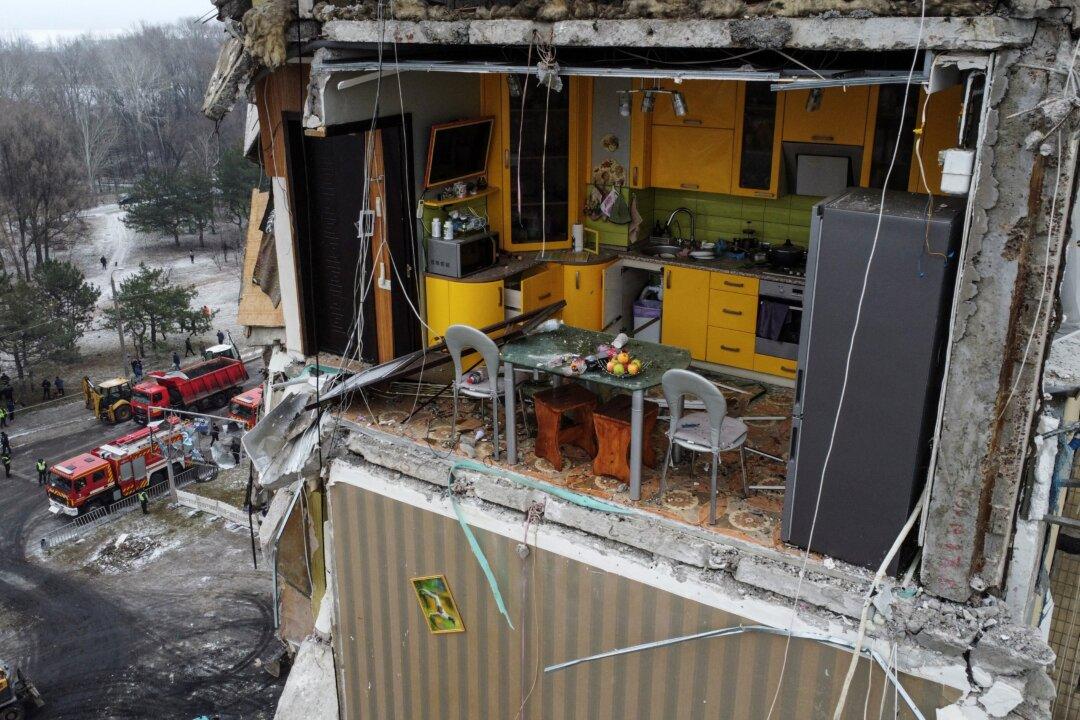DNIPRO, Ukraine/KYIV—Ukraine came a step closer on Tuesday in its bid to win a fleet of modern battle tanks it hopes could turn the course of the war with Russia, after the West’s big holdout Germany said this would be the first item on its new defense minister’s agenda.
In the central city of Dnipro, authorities called an end to the search for survivors in the ruins of an apartment building destroyed during Russian missile attacks on Saturday.





